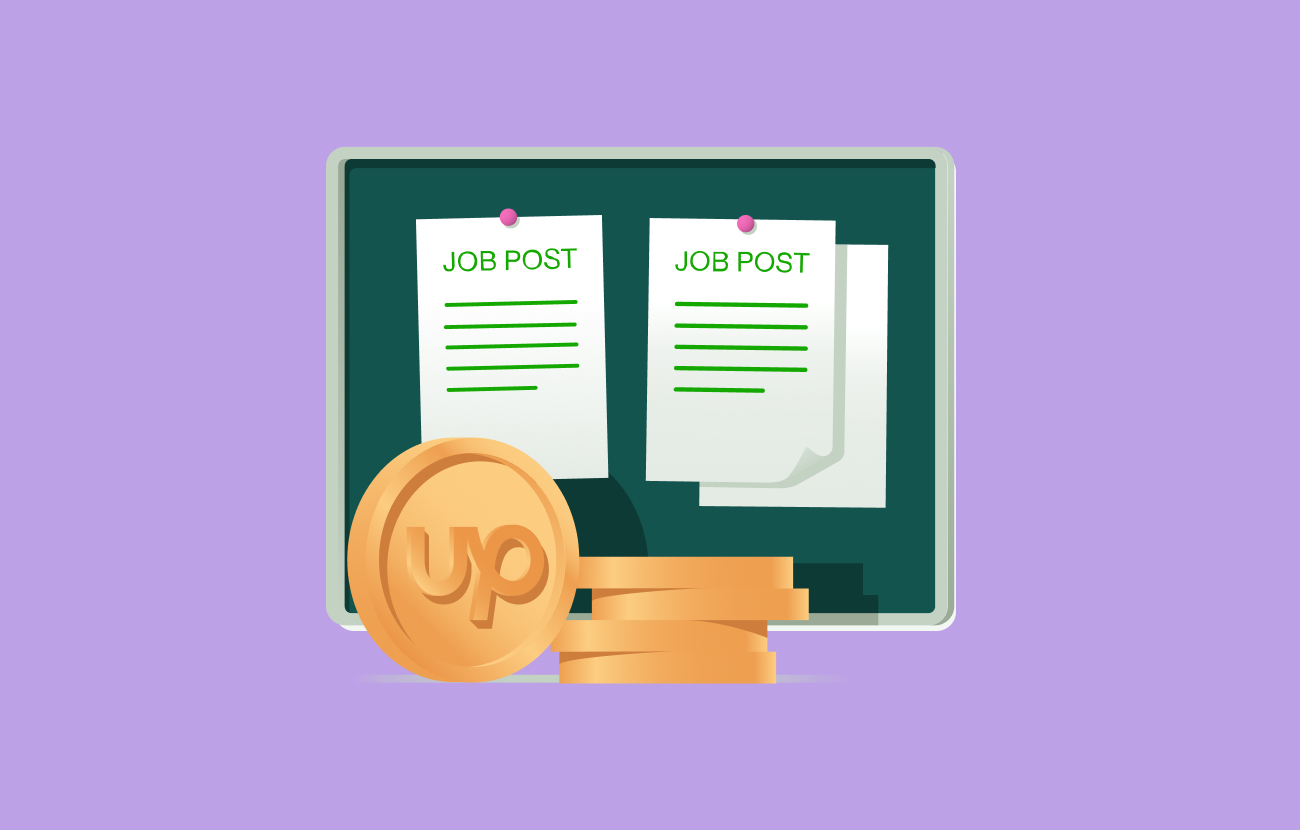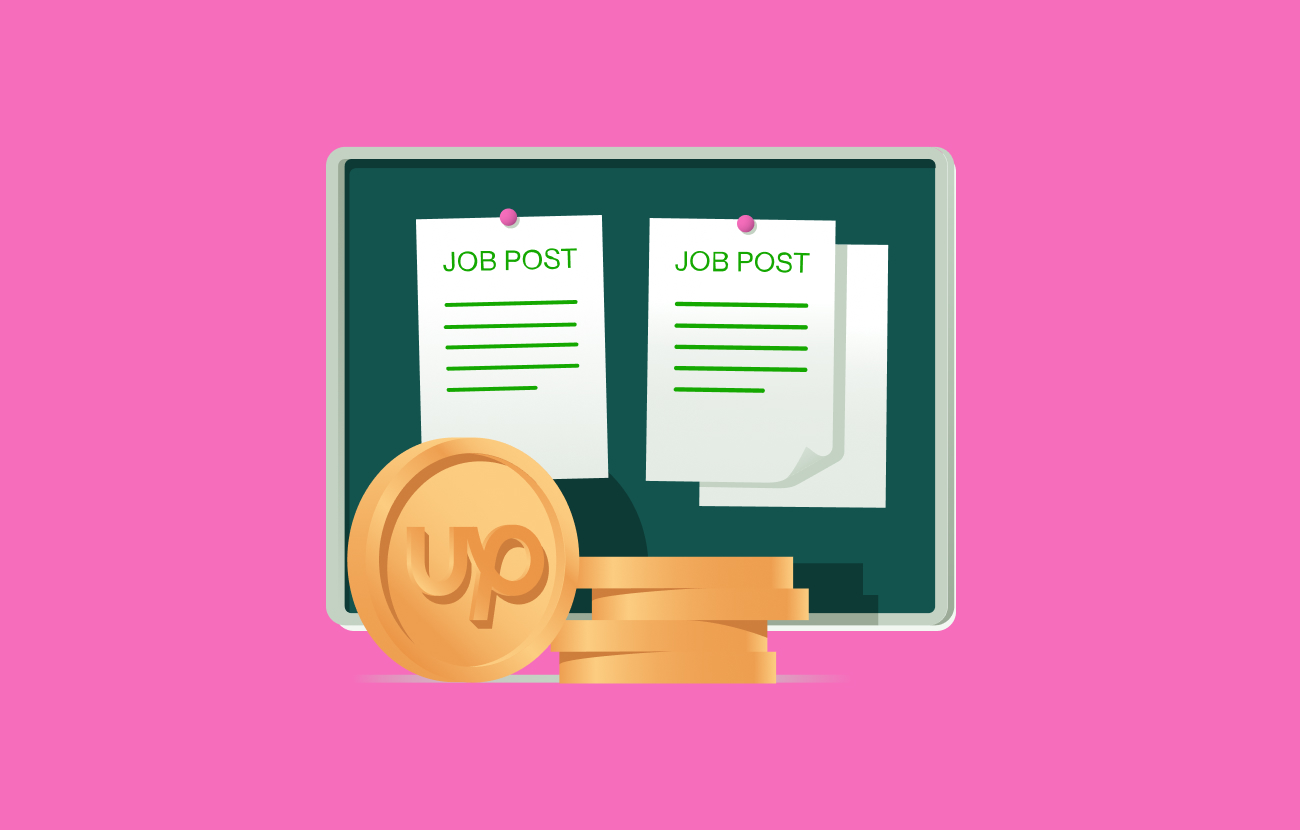DeepSeek vs ChatGPT: Which AI Chatbot Should You Choose?
Compare DeepSeek and ChatGPT on pricing, models, and real-world use cases to help you pick the best AI chatbot for coding, content, and workflows.

Key takeaways
- DeepSeek and ChtGPT have different strengths. DeepSeek is notable for its reasoning model and open-source nature, while ChatGPT has a larger ecosystem and greater versatility.
- Both have growing industry relevance. Both of these chatbots are main players in artificial intelligence and are pushing innovation in real-world applications.
- The choice depends on use case. The best pick for you depends on whether you value automation and problem-solving efficiency (DeepSeek) or more conversational AI and creative flexibility (ChatGPT).
Of the countless AI chatbots vying for your business, two primary players have emerged as the top contenders: DeepSeek and ChatGPT. These platforms have quickly become two of the most powerful AI chatbots on the market. They shape how users approach everything from coding to creative writing and beyond. The rapid rise of DeepSeek R1 after its January 2025 launch, paired with the steady rollout of new GPT models, drives home just how fast artificial intelligence is changing.
But which one is right for you? We take a closer look by comparing DeepSeek and ChatGPT, diving into side-by-side insights on where each tool shines. From our analysis, you'll get to see how these large language models perform across real-world tasks, from content creation to problem-solving, so you can make the right call about which chatbot is worth choosing for your needs.
Quick verdict: where each excels
If you want to cut to the chase, this is how the two AI platforms stack up:
- DeepSeek excels at reasoning. Its unique mixture-of-experts (MoE) architecture gives it stronger logical outputs and a reputation for being better at problem-solving.
- DeepSeek wins in open-source nature. If you're a developer, you'll likely appreciate the transparency and customization that come with an open framework.
- ChatGPT excels in versatility. In the gen AI world, ChatGPT is a jack-of-all-trades. From creative tasks to automation, ChatGPT has a very wide range of use cases and adapts easily to different workflows.
- ChatGPT offers a more user-friendly experience. ChatGPT's interface is clean, simple, and straightforward, making it more user-friendly for newcomers.
- ChatGPT has a robust ecosystem. Integrations, plug-ins, and real-time search make it extremely convenient for everyday use.
Now, let's get into more of the details. We provide a table comparing DeepSeek and ChatGPT across key dimensions like pricing, architecture, multimodal capabilities, and ideal use cases.
Competitors in the AI chatbot race
Though DeepSeek and ChatGPT are major players in the AI landscape, several other notable AI language models and multimodal systems are worth considering. Depending on your needs, these options may be a better fit in some situations:
- Gemini (by Google). A multimodal model with strong integration into Google's ecosystem. This may be a preferred option if you already rely on Google products.
- Claude (by Anthropic). Focused on safety, transparency, and interpretability; useful when you want more cautious outputs or control.
- Perplexity. A fast-growing AI search assistant focused on real-time web results and citations. Strong choice for research-heavy use cases or users who prioritize up-to-date information.
- Other LLMs/multimodal players. These are good alternatives when you need more control or are looking for niche capabilities (e.g., Mistral, LLaMA-based systems, domain-specific tools).
More specifically, you might consider these alternatives if:
- You want lower risk or safer output pipelines
- Neither DeepSeek nor ChatGPT supports the specific modality you need
- You prefer tighter ecosystem integration (e.g., Google, Anthropic)
- You want a balance between capability and cost in a specific domain (like business analytics, research, or compliance use cases)
Choosing the right AI for your needs
Choosing between DeepSeek and ChatGPT comes down to how you work and what outcomes matter most to you. If your workflow depends on complex reasoning and transparent outputs, DeepSeek excels with a cost-effective MoE model. On the other hand, individuals or teams who want versatility, creativity, and a more user-friendly experience might prefer ChatGPT, which excels as more of an everyday tool.
Both of these AI tools support a range of automation and problem-solving tasks, but the best way to decide is to test them directly in your specific workflow. Run real projects and test various use cases. See how each platform works for coding assistance, content creation, or brainstorming.
Get expert help on Upwork
Comparing DeepSeek andChatGPT is step one, but to put artificial intelligence to work in real-world projects, you may need some help. AI specialists can help you set up APIs, customize automation workflows, or even optimize these AI tools for your unique use cases.
This is where Upwork can help. On Upwork, you'll find developers, AI specialists, and other independent professionals with expertise in everything from coding assistance to problem-solving to content creation.
Are you an AI expert looking to land your next client? Explore freelance AI jobs on Upwork to find your next opportunity.
FAQ
Let's review some of the most common questions that come up when comparing these two AI chatbots.
Is DeepSeek better than ChatGPT?
Determining whether DeepSeek or ChatGPT is better really depends on what you need. In head-to-head problem-solving, many users agree that DeepSeek excels at structured reasoning and math, especially with DeepSeek R1's reinforcement-learning approach and reported results on AIME 2024, MATH-500, and GPQA Diamond.
For more general, day-to-day work, ChatGPT tends to offer greater versatility. It has a larger ecosystem and smoother UX, too, particularly with its native search and extensive integrations.
Bottom line: Pick DeepSeek when your priority is rigorous problem-solving and stepwise logic. Use ChatGPT when you value creative breadth, plug-ins, and a more polished, user-friendly response across various tasks.
Who is the biggest ChatGPT competitor?
By consumer usage, the biggest competitors to ChatGPT are Perplexity and Microsoft CopilotThat said, ChatGPT is still dominating the global AI chatbot market. As of September 2025, it holds almost 81% of the market.
Is DeepSeek better than ChatGPT at math?
Assessing whether DeepSeek or ChatGPT is better at math depends on how you're comparing the models. DeepSeek R1 has demonstrated strong math scores (e.g., ~79.8% on AIME 2024 and ~97.3% on MATH-500), but OpenAI's newer o3 variants can surpass R1 on some reasoning and coding benchmarks. For a practical decision, test R1 against o3 on your own tasks.
Is OpenAI o3 better than DeepSeek?
For top reasoning and coding, OpenAI o3 often leads DeepSeek in public benchmarks like SWE-bench Verified and AIME. DeepSeek R1 is known for its openness and lower cost. Choose o3 when you need peak benchmark accuracy and R1 when budget and transparency are more important.
Upwork is not affiliated with and does not sponsor or endorse any of the tools or services discussed in this article. These tools and services are provided only as potential options, and each reader and company should take the time needed to adequately analyze and determine the tools or services that would best fit their specific needs and situation.






.png)
.png)
.png)
.png)
.png)



.svg)
.svg)





















